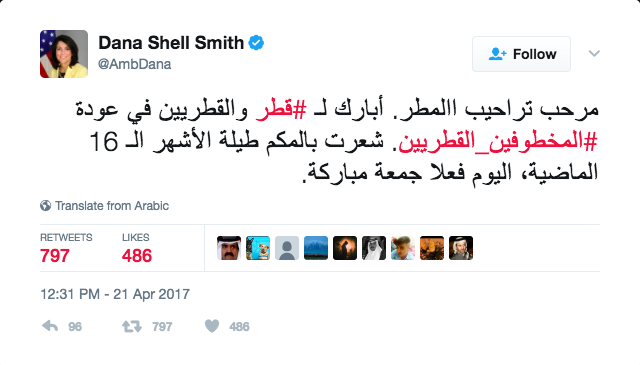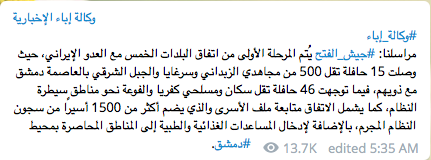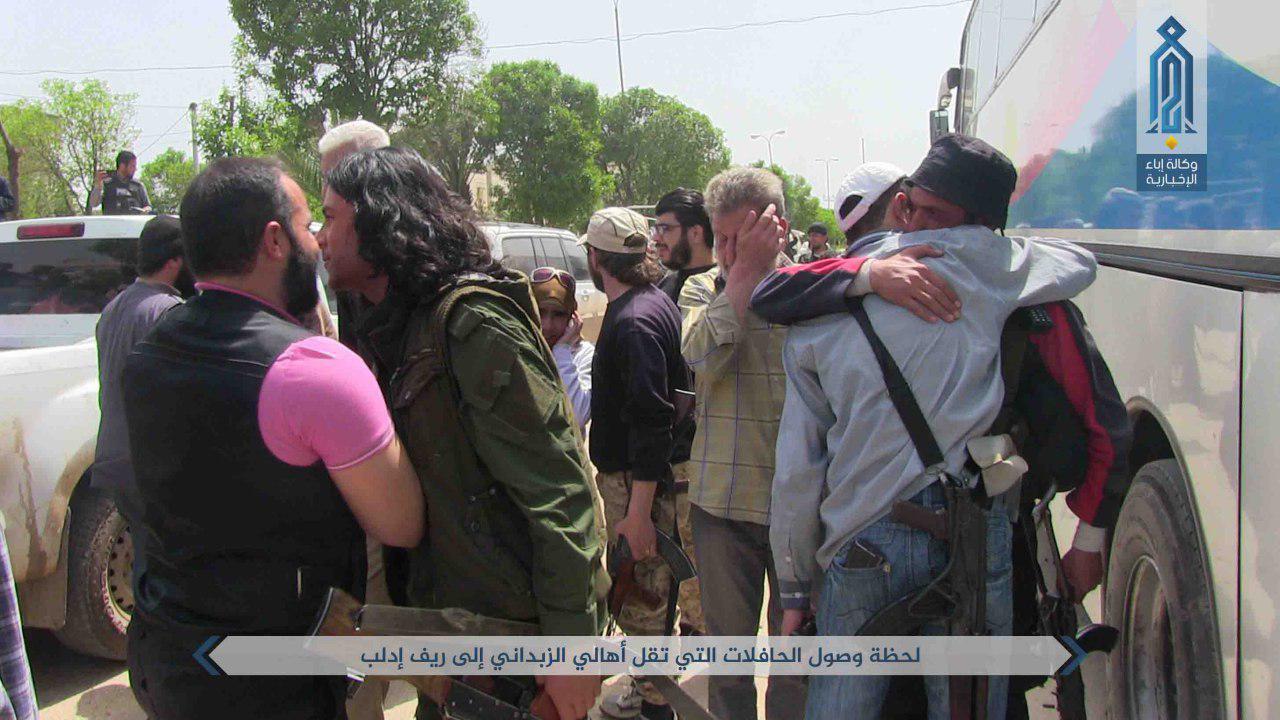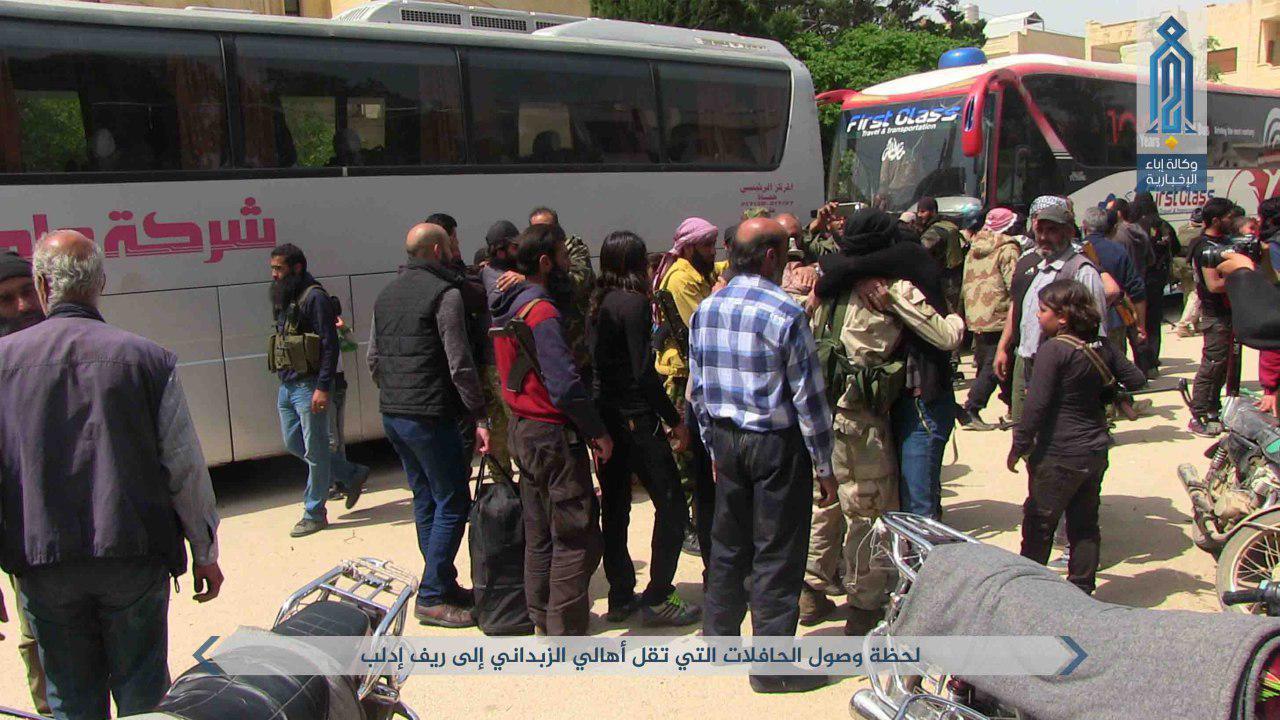America’s Emerging ‘Little Sparta’ in the Middle East
The United States is relying more and more on Iraqi-Kurdistan
WIB front April 23, 2017
Paul Iddon
Iraq25
During his years fighting for Kurdish autonomy from Baghdad in the 1960s and mid-1970s, Kurdish leader Mustafa Barzani was adamant that his people trust no power other than the United States.
In the 1970s his Peshmerga guerrilla forces received covert support from the Americans, Israelis and Iran’s Shah in his insurgency against the Iraqi state. Barzani wanted the United States as the Kurds’ “guarantor” and that an independent Kurdish region would “
become the 51st state” if they were successful.
The Shah threw Barzani under the bus when he opted for a deal with Saddam Hussein, Iraq’s then-vice president, to end Iranian support of the Kurdish insurrection in return for the settlement of border disputes between the two. The Kurds felt betrayed, especially by U.S. Secretary of State Henry Kissinger
who coldly said in 1975, shortly after the Kurds’ sacrifice on the altar of realpolitik, that: “Covert action should not be confused with missionary work.”
Mustafa’s son, Masoud Barzani, the current president of Iraq’s now autonomous Kurdistan Regional Government (KRG), blamed Kissinger for the defeat of the Kurdish uprising of the 1970s and once
said that he “bears the main responsibility for the disaster which befell the Kurdish people after 1975.”
“For me,” he added, “he is enemy number one. I will never forget what the Kurds had to pay as a result of his stances, maneuvers, and the deals he made without taking into consideration the suffering these caused.”

A Kurdish soldier training to assault a building in Bnaslawa, Iraq. U.S. Army photo
Later, following the 1991 Persian Gulf War and Saddam’s brutal crushing of the subsequent Kurdish and Shiite uprisings, the United States enforced a no-fly zone over Iraqi Kurdistan which incubated Kurdish autonomy.
The George H.W. Bush’s administration did not initially want to do so, adhering as they were to Kissinger-esque realpolitik, until they faced pressure to shield the Kurds after their plight received international coverage.
Since then the Kurdish region
has developed under the KRG and has retained close ties with the United States. Kurdish Peshmerga forces fought the Islamic State with U.S. air support, proving their worth as a valuable American ally. Today, America is building
one of its largest consulates in the world in the region’s capital, Erbil.
In other words, American-Kurdish relations have come a long way from the betrayal of 1975. While the United States has remained committed to a united Iraq, many U.S. officials nevertheless recognize the value of having the Kurds as a close strategic ally in the region.
Michael Knights, an Iraq expert at the Washington Institute,
noted in 2014 that “Iraqi Kurdistan is making a major play to become the next ‘Little Sparta,'” for Washington in the Middle East—
like the United Arab Emirates.

Erbil, Iraqi-Kurdistan. DenverJeffrey photo via Flickr
“Iraqi Kurdistan is emerging as an unparalleled launchpad for western operations against the Islamic State and the Levant (ISIL), offering secure bases with easy access to Mosul, eastern Syria and over a thousand kilometers of ISIL’s front-line in Iraq,” Knights wrote, using an alternative acronym for the Islamic State.
Knights also illustrated the cost benefits of the U.S. military relying on the Peshmerga as a proxy force. “From 2003 to 2011, the U.S. helped the KRG to develop eight of their Peshmerga brigades with just $90m of U.S. support. In contrast the U.S. built 109 brigades in federal Iraq at a cost of more than $25bn.”
“The average amount invested in each KRG brigade was $11.5m, compared to $229.3m spent on each federal Iraqi brigade,” he added.
Continued support of the Peshmerga therefore, decreases the need for the U.S. military to deploy its own ground forces to combat terrorist threats like the Islamic State—at least in the enormous numbers of years past. The United States provided the KRG with
$415 million to help pay Peshmerga salaries in the summer of 2016, peanuts compared to the likely price Washington would need to pay for Iraqi troops or its own forces to secure that key region.
It’s worth noting that Iraqi-Kurdish politicians would likely prefer the mantle of an Athens in the region rather than a Sparta.
They are working to reopen their parliament—closed amid political deadlock in the region between the major parties—and elevate their position on the international stage ahead of an independence referendum which could come as soon as this year. For decades, Zionists have also promoted and celebrated Israel
as a modern day Athens rather than as a militaristic and authoritarian Sparta.

A Kurdish soldier with a German G3 rifle. U.S. Army photo
Iraqi Kurds are not the only Kurds in the region who might become the foot soldiers of a new American Sparta in the region.
In Syria’s Kurdish region—often referred to by its Kurdish name “Rojava”—the Kurdish People’s Protection Units, and the larger umbrella Syrian Democratic Forces they established, have played a similar role to the Peshmerga as proxy ground forces in the American war against the Islamic State.
Here, too, some observers believe that Kurds could potentially become a major Sparta-like proxy army for Washington in the region.
“The Kurds have an opening with the fight on ISIS and deteriorating relations with Turkey to become an ally of the West and Israel,” Professor Joshua Landis, a Syria expert from the University of Oklahoma, told War Is Boring.
“It is not a sure bet,” he added, “but if relations with Turkey continue to deteriorate and neither Iraq or Syria get sorted out or become stable in the near future, the U.S. will begin to rely on the Kurds more and more until they cannot backtrack.”
Landis
also said the signing of a “defense agreement” and Western and Israeli guarantees of sovereignty “could win Rojava as a loyal Western satellite … But they [Israel and the West] must be willing to escalate their defense of the Kurds against possible Turkish, Iranian, Syrian and Russian attacks.”
Relations with regional powers, and their opposition to Kurdish self-determination, have long undermined the potential of the Kurds becoming close strategic allies of the Americans.
The war with the Islamic State, and continued U.S. need for a reliable and dedicated strategic ally on the ground may well change this decades-old equation.


















 Emma Roller
Emma Roller  Mike Cernovich
Mike Cernovich 

